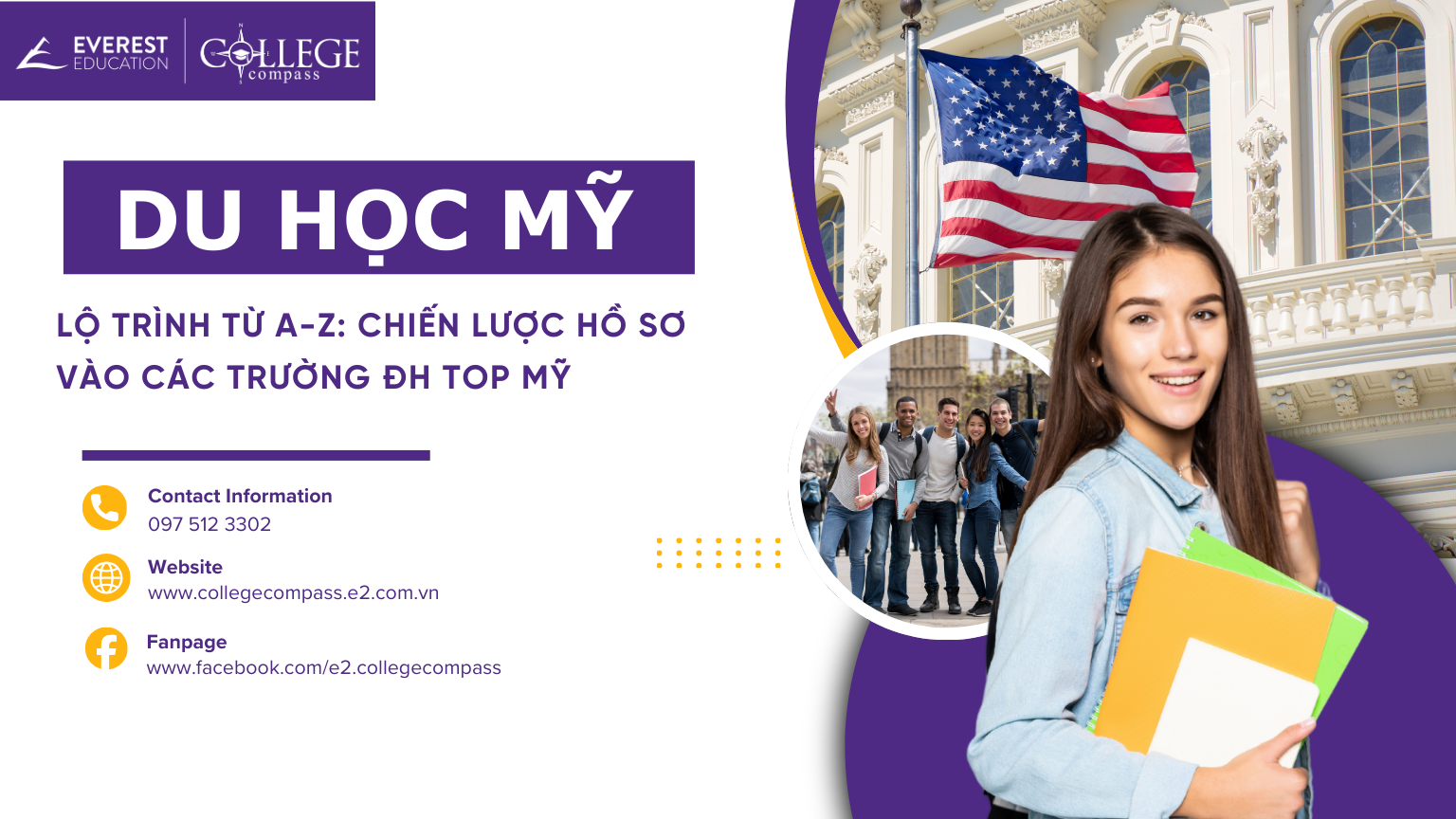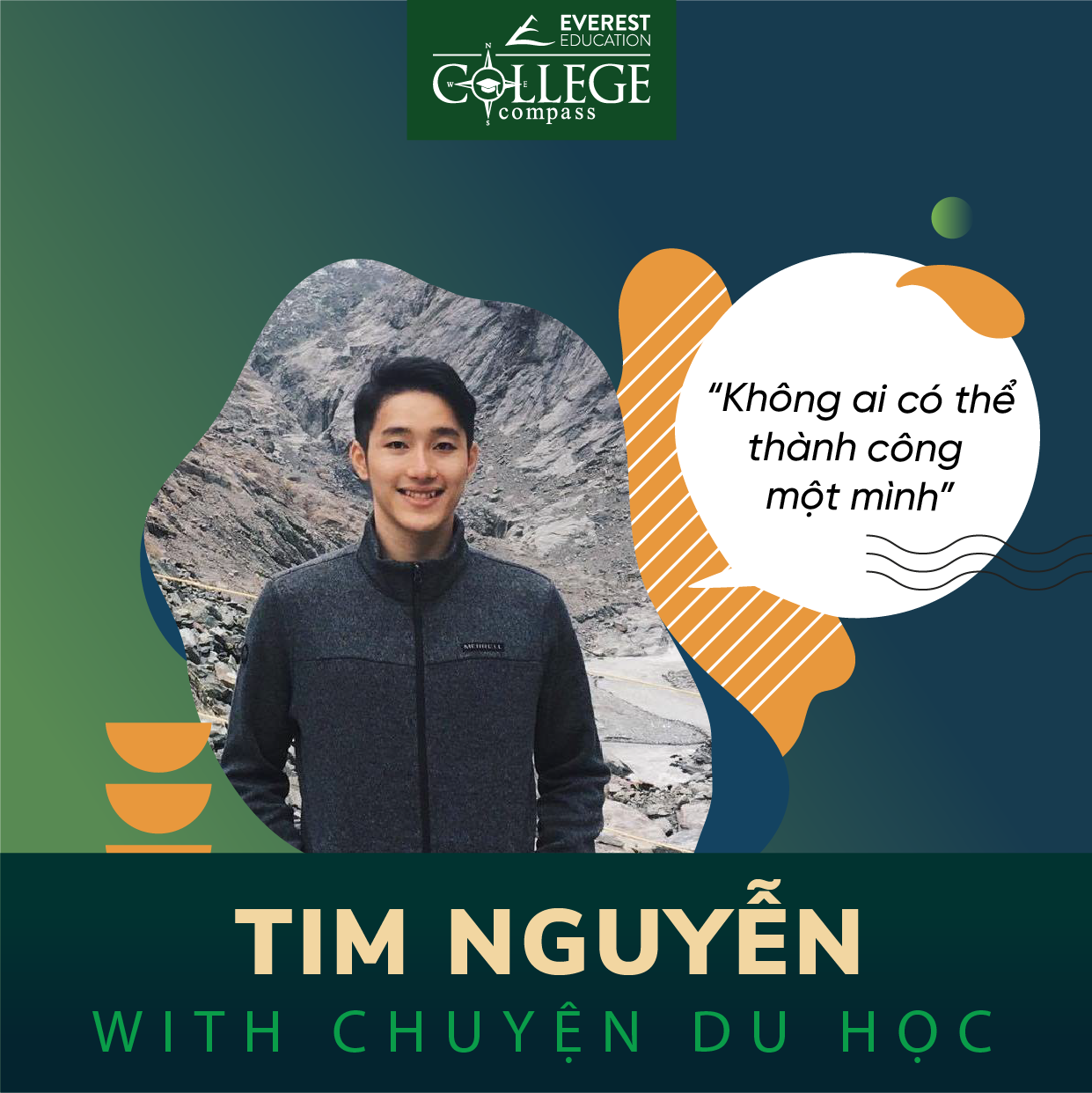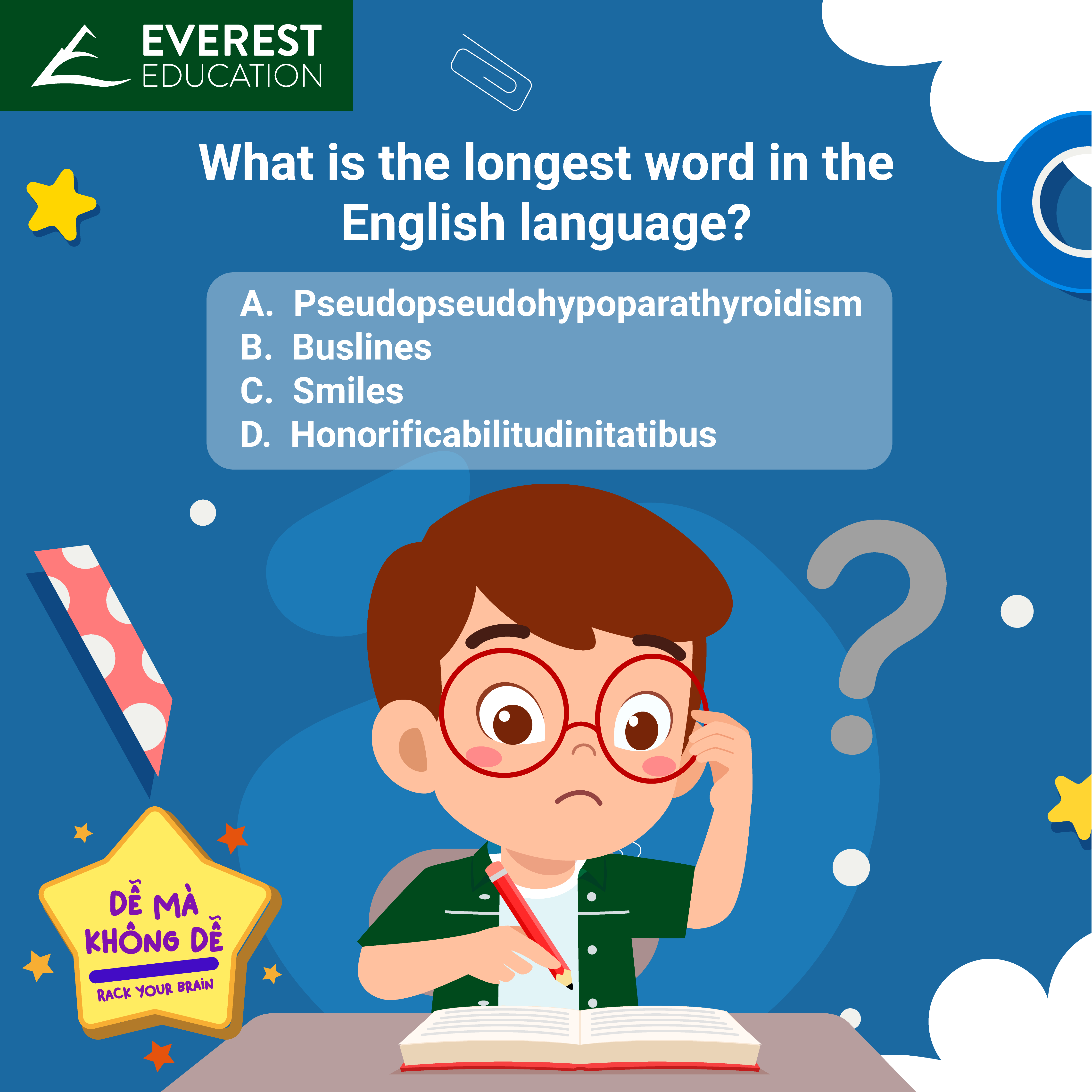As COVID-19 grinds society to a halt and shutters physical college campuses, today’s high school and college students are experiencing their generation’s crucible.
Nearly 20 years ago, I was a senior in college on 9/11. I can still remember the sense of fear I felt in the aftermath of that day. Before then, I didn’t have a strong sense of what I would do after graduation. 9/11 led me to step back from campus recruiting and focus on how I could positively impact society, which resulted in my decision to take a paid gap experience of sorts
After college, I worked for David Gergen for two years as his research assistant. One of the allures of that experience was, not only did I have the chance to contribute to the national dialogue around how America would respond to 9/11, but I would also just have the chance to learn—from David certainly, but also from the wide variety of people with whom he interacted, from politicians to business leaders and from those in the media to educators and entrepreneurs leading non-profit organizations. David also taught often about how crucibles could forge leaders—and how the leadership style of different generations could be formed in collective crucibles.
After those two years, I enrolled in the Harvard Business School, which ultimately resulted in a life working to improve schooling worldwide once I partnered up with another soon-to-be mentor, Clay Christensen.
Spurred by 9/11, many in my generation have similarly sought to change the world. Just as Pearl Harbor spawned the “Greatest Generation” and President John F. Kennedy inspired individuals to enter public service, historic events can shape the convictions of a cohort.

With uncertainty about whether campuses will open in the fall and the finances of many families and colleges in tatters, significant numbers of students will likely change plans and take a year off or attend college closer to home. In one survey, just 20 percent of students said they are confident they will be able to attend their first-choice school. Roughly 12 percent said they are considering taking a gap year or enrolling part-time.
As students reconsider their college choices and see their dreams dashed by the inability to pay or enroll, they should reframe a gap year or part-time enrollment not as a year off, but as a year on purpose. Rather than see it as a step backward, it’s an opportunity to take a “discovery year” to learn about themselves—what are their passions, what do they dislike, and how can they best contribute to the world?

I wrote in Forbes about what this year might look like and how important it could be in a piece titled “For This Year’s Graduates, A Year Of Purpose.” The piece offers recommendations for students (and implicitly for parents), but also for innovators seeking to create these types of experiences. I also recommend a piece that Brandon Busteed of Kaplan published in Forbes titled “It’s Time To Reinvent The Gap Year.”
Here are some other pieces, podcasts, and videos that may interest you.
Higher Education
- “With decisions coming due, sleepless high school seniors worry college may not be worth it” by Liz Willen in The Hechinger Report
- “Higher Ed’s Credit Transfer System Is Broken. Here’s A Better Way,” by Michael B. Horn and Richard Price in EdSurge
- “Defining Higher Education’s New Normal”, an interview in The Evolllution
- “COVID-19 may close college campuses for good,” an interview on Fox News
- “Online Education Poised to Help Individuals Make Progress,” by Michael B. Horn in LinkedIn Marketing Solutions Blog
Future U
What happens to enrollment and revenue for colleges and universities in the next few months amidst a recession and COVID-19 shuttering physical campuses remains uncertain. Deloitte’s Pete Fritz joined Jeff and Michael to talk through how universities should plan and what’s likely to happen.
K12 Schools
- “Christensen Institute Co-Founder Michael Horn on Digital Learning & COVID-19: The Learning Curve Podcast”
- “Arizona State University’s Julie Young on How K–12 Schools Can Meet the Current Moment,” an interview with Michael Horn on YouTube
- “Schools Going Remote Feat,” an interview on the Chalk Talk Podcast
- “The Education Exchange: From ‘Innovative’ to ‘Rotten’—Online Learning Amid Covid-19,” a podcast interview
As always, thanks for reading, writing, listening and contributing. Stay safe and stay strong.
Michael Horn
Senior Contributor for Forbes on future of #education












